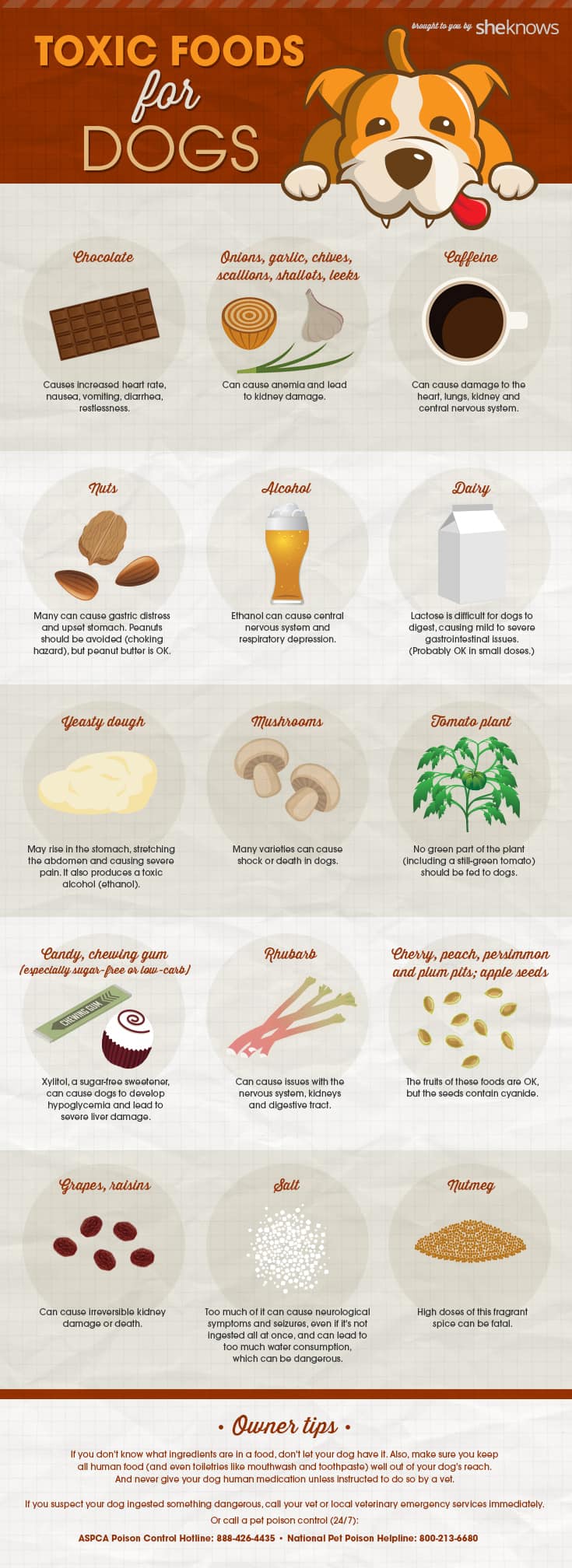Pets in day care receive great deals of workout, socialization with other pets and special experiences. This can be especially useful for puppies and pets with behavior issues.
There are several legal factors to consider you require to think about when starting a doggy daycare company. These consist of the framework of your organization and conformity with federal government regulations.
1. Pooch Distemper
Canine distemper is spread through direct contact with the bodily fluids and waste of an infected canine, however it can likewise be transferred by means of common water and food bowls or via air-borne beads. This very transmittable illness is most dangerous for puppies, yet it can influence pets of any kind of age and is deadly for the majority of if left unattended.
First signs and symptoms of canine distemper usually resemble a common cold, including runny eyes and nose with watery or pus-like discharge. As the disease progresses, a pet dog will develop fever, coughing, reduced appetite, vomiting and looseness of the bowels. The infection can additionally strike the nerves, causing seizures, jerking and partial or total paralysis.
Credible childcares decrease exposure to infection by needing vaccinations, routine health examinations and adhere to rigorous health methods. If your dog appears excessively exhausted or limping, a day of rest may aid him recuperate, however you ought to prevent taking him back to daycare until these symptoms clear.
2. Kennel Coughing
Kennel coughing, likewise referred to as contagious canine tracheobronchitis or Bordetella, is a highly transmittable viral or microbial condition that impacts the breathing tract. It's commonly transferred via the exchange of saliva or air beads that an ill canine exhales. Social dogs go to greater danger for infection due to their constant communication with one another, such as when they play, share food or water, sniff one another or merely satisfy in a crowded environment like a pet park or childcare.
The most common signs and symptom of kennel coughing is a persistent and strong coughing that sounds like something stuck in the throat or retching. Often, pets will certainly cough up foamy white phlegm. If left unattended, a canine can develop pneumonia and go to severe danger for life.
A trustworthy childcare facility should have rigorous cleaning and sanitation methods, sterilize all toys, food and water bowls on a regular basis, and be open regarding their vaccination plans. Keeping your dog approximately date on their vaccinations, particularly for bordetella and canine influenza, will substantially minimize their chances of getting the health problem.
3. Parvovirus
Canine parvovirus, or parvo, is a highly transmittable viral disease that can be deadly for pups and young adult pets with bad immune systems. It's most generally spread by straight contact with polluted dog feces-- which can take place when dogs smell, lick, or taste contaminated feces-- and indirectly from contaminated individuals, objects, or atmospheres (like kennels, grooming areas and lawns). Pups and dogs without full vaccination backgrounds are especially at risk to parvo.
The virus is exceptionally durable, enduring in the atmosphere for approximately nine years, and can conveniently be transferred in between canines by get in touch with through feces or on shoes, clothing, and bed linen contaminated with parvovirus. If not dealt with right away with IV fluids, electrolyte equilibrium, throwing up control medicines and anti-biotics to prevent additional bacterial infections, a pet dog will rapidly dry out and create serious looseness of the bowels, which results in shock and blood poisoning. Parvo is challenging to heal once a pet dog has ended up being ill, yet with suitable vet treatment, numerous pups do survive this ailment.
4. Canine Flu
Pooch influenza infection is highly infectious and low cost dog boarding near me spreads via direct call, sharing food and water bowls, licking or nuzzling other canines, via airborne droplets, and via contaminated surface areas. Inoculation is effective in minimizing the risk of infection and break outs.
The majority of affected pet dogs create a mild respiratory system infection with a cough that lasts 1-3 weeks. They may additionally have nasal and ocular discharge, sneezing, and lethargy. A few of one of the most serious situations cause pneumonia and a high fever.
If your canine displays any one of these symptoms, do not bring them back to day care till they are healthy. If your canine is revealing indicators of extreme tiredness or hopping, talk to your vet right now and see to it they get on good health supplements to assist construct their resistance. A veterinarian will examine your pet for symptoms of the flu by taking an example from the nose or throat, and blood examinations can be done to confirm.
